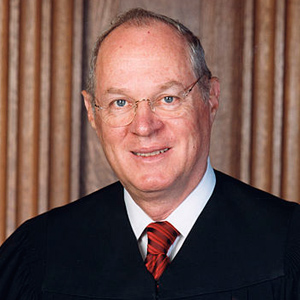In oral arguments, swing voter Kennedy appears skeptical of partisan gerrymandering

Justice Anthony M. Kennedy
Justice Anthony M. Kennedy appeared skeptical on Tuesday when he questioned lawyers defending a Wisconsin electoral map in a challenge contending the redrawn lines amounted to unconstitutional partisan gerrymandering.
Kennedy is seen as the swing voter in the case, which could be the first to strike down a redrawn map for its partisan nature than for its impact on minority voting, report the New York Times, USA Today, the Washington Post, the National Law Journal (sub. req.) and the Election Law Blog.
At the conclusion of the arguments, the Times reported, “there was reason to think Justice Kennedy may be ready to join the court’s more liberal members in a groundbreaking decision that could reshape American democracy by letting courts determine when lawmakers have gone too far.”
Kennedy’s questions suggested that he thought the electoral map favoring Republicans in the state general assembly violated the First Amendment associational rights of Democrats, according to the Election Law Blog.
Chief Justice John G. Roberts Jr. appeared to take the other side when he suggested that striking down electoral maps for partisanship would be putting courts in charge of redistricting.
“That is going to cause very serious harm to the status and integrity of the decisions of this court in the eyes of the country,” he said.
The case is Gill v. Whitford.



